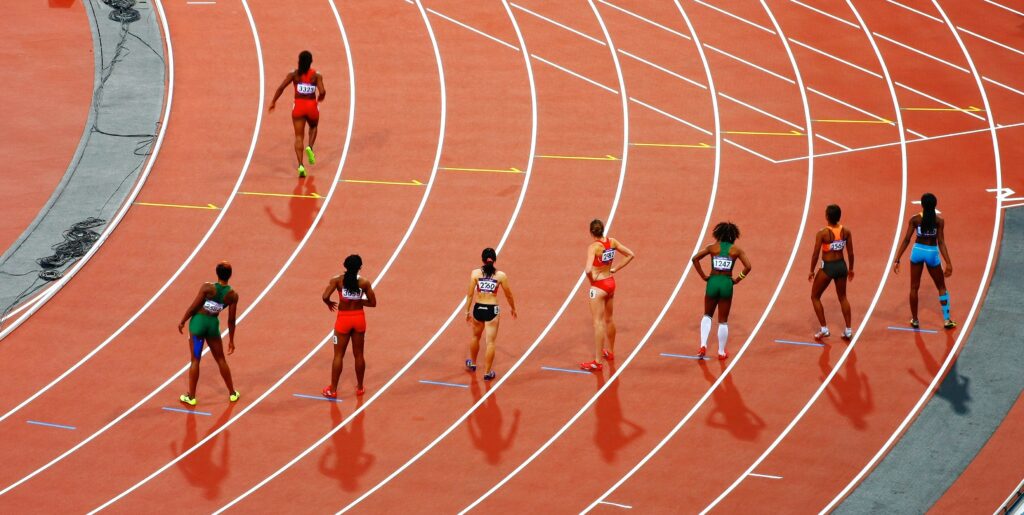2020 Olympics on Mental Health
August 12, 2021
By counselingwithnatalie
August 12, 2021
By counselingwithnatalie
The 2020 Olympic games are successfully running despite its year-long delay due to the Corona virus. This year, many athletes are raising awareness regarding mental health – including Simone Biles, Naomi Osaka and many more. The San Francisco Chronicle even stated that “Olympic athletes are facing a mental health crisis.” Now there could be many possible explanations as to why, but the two most intriguing include different identity theories that discuss athletes’
dependency and self-perception.

We humans get so attached to everything we have and own as it is comfortable for us. Now imagine, athletes are known worldwide for their skills and lean physical appearance. Their faces and names are on the cover are multiple brands, games, and even hairstyles. Children look up to them as role models where their love for the sport can also be sparked because of their admiration towards their favorite player. Athletes train hours every day since their income, fame, and (worldwide) admiration is all dependent on their performance. They subconsciously will identify themselves with their performance and fame, and overtime become comfortable with this new identity. Athletes know this lifestyle won’t last though and become hyper fixated on maintaining/ improving their abilities – but what if they unexpectedly got injured to where they are unable to compete anymore?
Losing features of yourself that you identify so strongly with leaves room for an almost grieving experience for the part that is lost. This tremendous pressure on athletes competing in the Olympics can encourage toxic behaviors and comparisons like bad blood between team members and on the long run, an almost addiction to maintaining skills and talents. Everyday people don’t experience this persistent threat as our identities are diluted across a wider spectrum.

Our friends identify us with our families, professions, social circle and personalities. Whereas people in the Olympics are mainly judged with their capabilities. These athletes know that their judgement is narrowed down to just their performance and hence put all their efforts into improving their mode of judgement rather than refining their personalities, other hobbies and passions, and social life. Placing this much pressure on their performance can impede rational thoughts in the event of losing, where instead of thinking “I just lost a game,” they feel as though their identity is threatened, where “if I’m not a good athlete, then what am I?” Numerous Olympic players have come forth regarding the toxicity within the trainings and practices as athletes feel as though their performance outweighs ethics, and social understanding.
Other than the social aspect of identity, other psychological disorders are more prone to develop from athletes’ overattachment to their sport. In professional gymnastics, 51 to 62 percent of athletes report symptoms of an eating disorder. Compared to the general population of 9 percent. As a gymnast is judged solely on their skills, they prioritize their performance over well-being, which is not only damaging to their mental health, but physical health as well.

Overall, sports and professions can provide satisfaction and physical improvement. But when the competition deems too competitive, it can leave room for damaging intrusive thoughts that increase the likelihood of disorders and persistent dissatisfaction.
Written by Maya Moustafa, Content Contributor
Tags